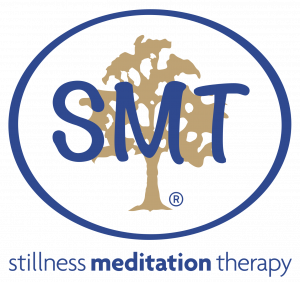Anxiety and the need for perfection: a Q&A session
Over the years I’ve covered many questions and answers personally, in my books and via the internet. When anxiety is high, there is always a quest for more reassurance, more information and more certainty.
Here’s a recent interchange between me and a special client who made a long trip to Melbourne to spend a week experiencing SMT. Read more



